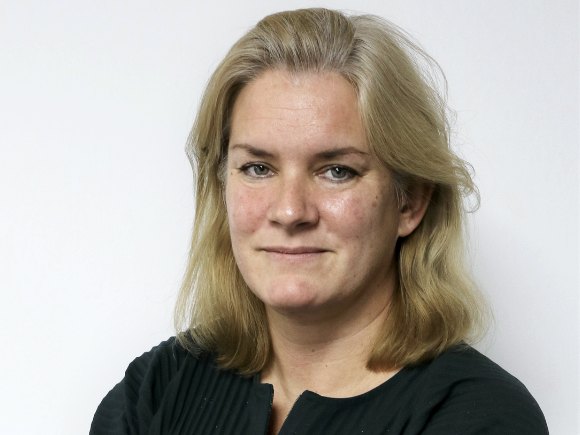
Meet Natalie Roberts, a medical doctor and Executive Director at Medecins Sans Frontieres (MSF) / Doctors Without Borders UK. With years of experience in emergency medicine, she has served in various conflict zones, natural disasters, and outbreaks across the world.
Originally from Wrexham, North Wales, Natalie specialised in surgery before moving into emergency medicine. After working in the National Health Service (NHS) for eight years, she pursued the DTMH (2011) at LSTM, which was a compulsory course to join MSF. It was during her first placement with MSF in January 2012, responding to an emergency typhoon in the Philippines, that she found her calling. For the next four years, Natalie served as an emergency doctor and coordinator, responding to crises in Syria, Yemen, East Ukraine, Ethiopia, Central African Republic, Pakistan, and the Philippines.
After her extensive fieldwork, Natalie worked for MSF in Paris as Head of Emergency Programmes, where she managed emergency teams responding to crises worldwide. During the 2018-20 DRC Ebola epidemic, Natalie led MSF's contribution to a clinical study of a new Ebola vaccine, and then moved to work within MSF's reflection unit in Paris. There, she proposed a new strategy for the response to Ebola outbreaks, incorporating new vaccines, treatments, and diagnostics. Additionally, she worked on innovation projects that aimed to develop digital tools and diagnostics to support the surveillance and response to epidemics.
In October 2022, Natalie moved to London to take on the role of Executive Director for MSF's office in the UK. She is particularly proud of the LEAP programme, an academic partnership between MSF, the University of Manchester, and LSTM, which offers MSF students from around the world the opportunity to study for an MSc in Humanitarian Studies. Natalie believes the programme offers students a valuable academic qualification from two prestigious universities and knowledge adapted to their work.
Natalie's time at LSTM was a turning point in her life. The experience of being submerged in an environment with passionate and knowledgeable teachers and fellow students gave her the knowledge and confidence she needed to hit the ground running with MSF. It also gave her the first notions that she could build her own career path, pursue her interests, and take risks, knowing she would always be supported by LSTM and the people there.
When asked what advice she would give to prospective students, Natalie suggests spending as much time as possible talking to fellow students and teachers to gain the kind of knowledge that is not found in textbooks or guidelines. She also recommends pursuing personal interests and taking risks, as this can lead to a fulfilling and rewarding career.
Natalie's incredible journey from trauma care in well-equipped NHS hospitals to crisis response in various conflict zones, natural disasters, and outbreaks across the world, and now to the Executive Director of MSF UK, is an inspiration to many.